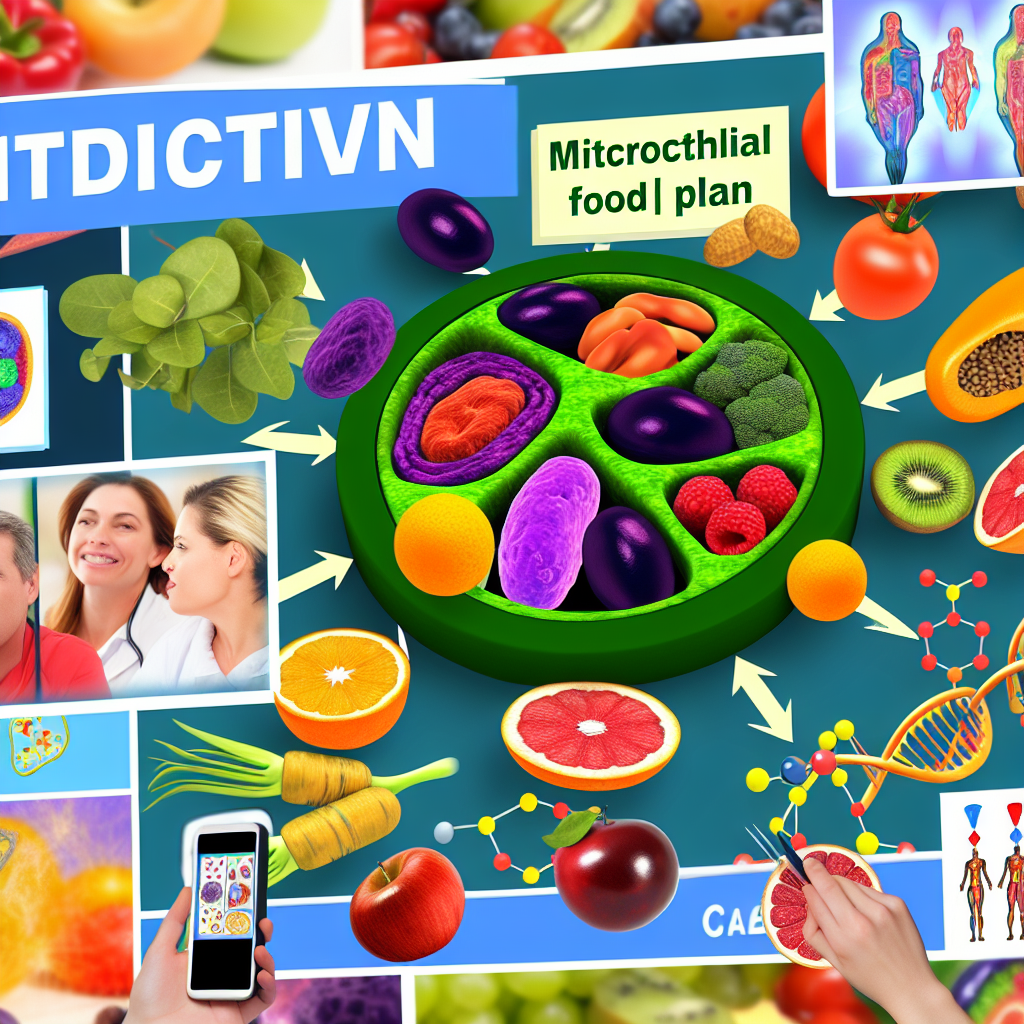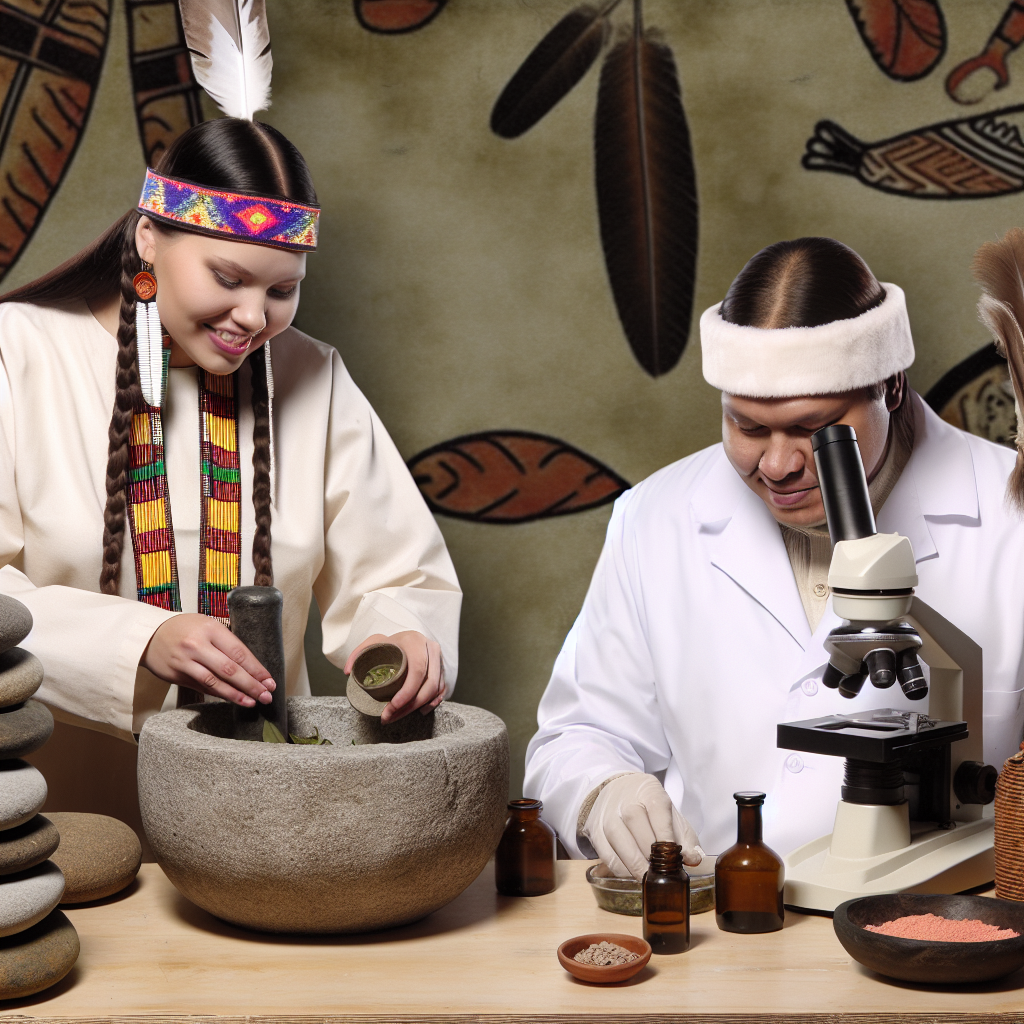The Autoimmune-Friendly Kitchen: Beyond AIP to Personalized Food Therapy
Author: Foodade.com | Empowered Healing Through Science & Nature
Living with an autoimmune condition can feel like a constant battle against your own body. While the Autoimmune Protocol (AIP) has helped many people uncover food sensitivities and alleviate symptoms, it is not a one-size-fits-all solution. The future of autoimmune wellness lies in moving beyond rigid dietary frameworks towards personalized food therapy tailored to your unique immune blueprint.
Personalized food therapy marries the ancient wisdom of herbal and homeopathic treatments with cutting-edge science. It involves working with integrative nutritionists, using elimination and reintroduction protocols, analyzing food sensitivity tests, and examining your unique DNA and gut bacteria. This integrative and personalized approach offers hope for those suffering from autoimmune diseases, opening new doors to improved energy, reduced symptoms, and a better quality of life.
Why Personalized Food Therapy Is the Future of Autoimmune Healing
Recent research continues to affirm the pivotal role of diet in the prevention and management of autoimmune diseases. Studies have shown that certain foods can either exacerbate or alleviate inflammation and immune dysregulation, which are central to autoimmune symptoms. While the Autoimmune Protocol (AIP) has been effective for some, personalized diets based on microbiome and blood markers have proven more effective in managing inflammation and glycemic control.
Combining Functional Testing and Ancient Wisdom
Functional medicine practitioners often use food sensitivity tests and intestinal permeability assessments to guide food therapy. These tests have shown promise in several clinical settings, leading to significant improvement in symptoms across various autoimmune conditions. Additionally, the gut microbiome plays a crucial role in immune function, and clinical data correlates higher gut microbial diversity with lower autoimmune incidence.
The Healing Power of Herbs and Adaptogens
Herbal and homeopathic treatments offer gentle yet effective support in modulating immune and stress responses. For example, ashwagandha, a popular adaptogen, can significantly reduce stress levels — a known trigger for autoimmune flares. Other herbs like turmeric, ginger, licorice root, and medicinal mushrooms have demonstrated anti-inflammatory and immunomodulatory properties that can serve as pillars in a therapeutic kitchen.
Your Kitchen as Your Healing Laboratory
By combining evidence-based dietary therapies, functional lab testing, and ancient herbal remedies, you can construct a highly personalized kitchen environment. This approach transforms your kitchen into a healing laboratory — a space that not only feeds but also heals, supports, and evolves alongside you. It’s about learning to listen to your body’s signals and adapting recipes, ingredients, and preparation methods to suit your evolving health landscape.
Conclusion: Reclaiming Healing Power Through Food
The autoimmune-friendly kitchen is no longer synonymous with deprivation or one-size-fits-all rules. It represents a dynamic, evolving strategy — a blend of ancient herbal wisdom and contemporary science — focused on individualized healing. Going beyond AIP, personalized food therapy offers empowerment, allowing you to not just manage symptoms but actively support immune harmony through choices made every day in your kitchen.
Ultimately, embracing personalized food therapy means reclaiming autonomy over your health. With the right knowledge, tools, and support, your kitchen can become the most powerful space in your home — a living, breathing testament to your resilience and capacity to heal from within.
References
- Autoimmune Protocol Diet Retrospective
- Personalized Nutrition and Glycemic Responses
- Immunoglobulin-Based Food Sensitivity Study
- Gut Microbiome and Autoimmunity Research
- Ashwagandha and Stress Modulation Study
Explore more healing recipes, science-backed strategies, and integrative tips at Foodade.com.
Concise Summary:
This article explores the concept of personalized food therapy as the future of autoimmune healing. It highlights the limitations of the Autoimmune Protocol (AIP) and the benefits of a more individualized approach that combines functional testing, herbal remedies, and gut microbiome research. The article emphasizes the importance of transforming the kitchen into a healing laboratory, where you can adapt recipes and ingredients to suit your unique immune blueprint, ultimately reclaiming autonomy over your health.

Dominic E. is a passionate filmmaker navigating the exciting intersection of art and science. By day, he delves into the complexities of the human body as a full-time medical writer, meticulously translating intricate medical concepts into accessible and engaging narratives. By night, he explores the boundless realm of cinematic storytelling, crafting narratives that evoke emotion and challenge perspectives.
Film Student and Full-time Medical Writer for ContentVendor.com




